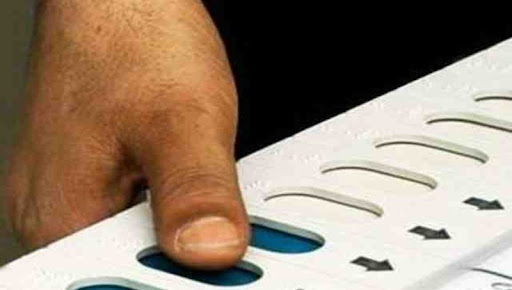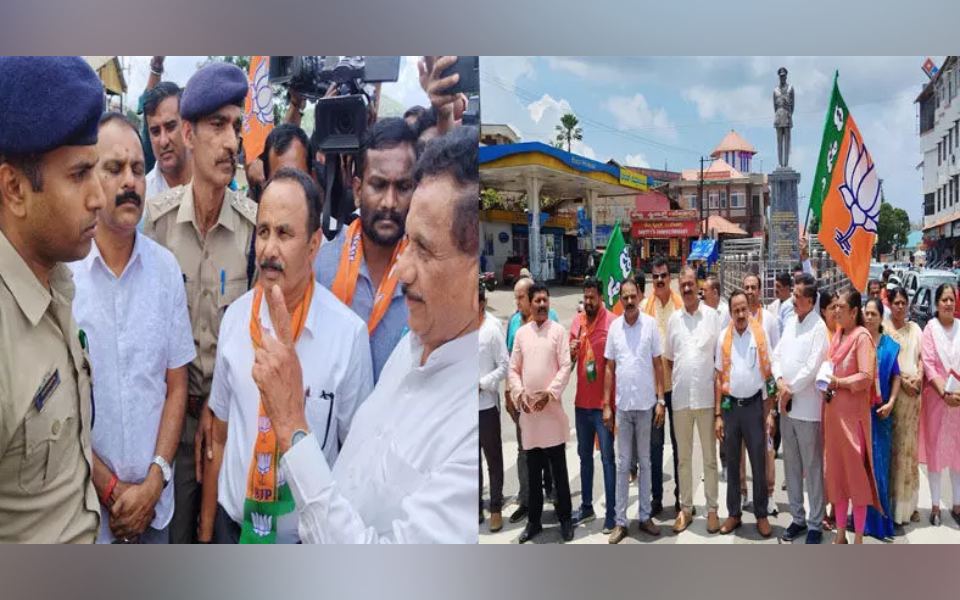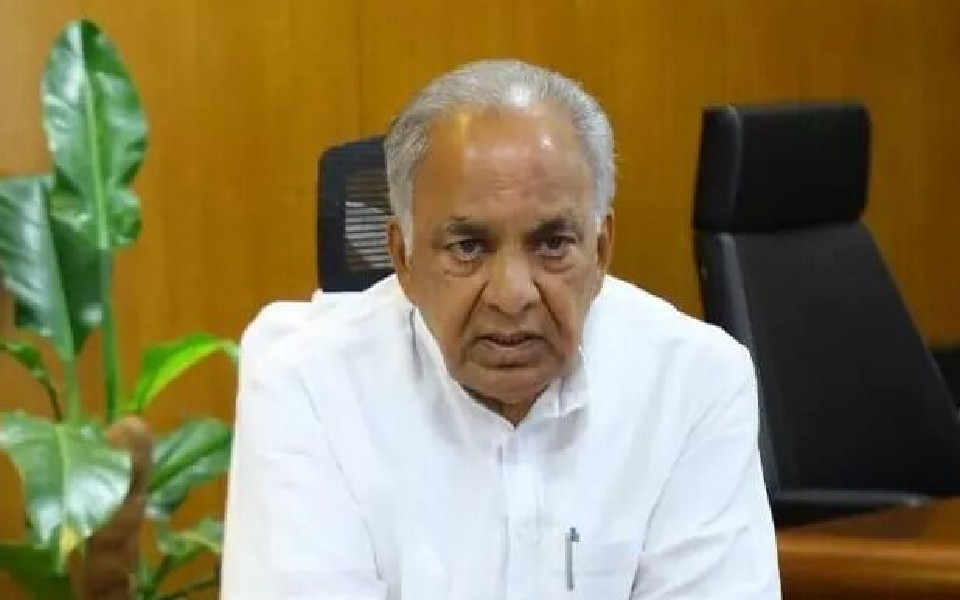Bengaluru, Oct 11: Twenty-five candidates are in the fray for the October 30 bypolls to the Sindagi and Hanagal Assembly constituencies in Karnataka.
According to the Election Commission, 37 people filed nominations, of which 25 were found to be valid while 12 were rejected.
The rejected 12 wanted to contest from Hanagal.
In Sindagi, Ashok Mallappa Managuli is contesting from the Indian National Congress. His father M C Managuli was the JD(S) MLA whose death necessitated the bypoll.
A few months ago, Ashok Managuli joined the Congress after being assured of a ticket by the party. The JD(S) has fielded Angadi Naziya while Bhusanur Ramesh is fighting on the BJP ticket. In all, eight people are contesting the election.
In Hanagal, 17 people are in the fray. However, the main contestants are Shivaraj Sajjanar of the BJP, Srinivas Mane of the Congress and Niyaz Sheikh of the JD(S).
The constituency fell vacant following the death of the sitting BJP MLA C M Udasi.
Let the Truth be known. If you read VB and like VB, please be a VB Supporter and Help us deliver the Truth to one and all.
Guwahati, Apr 4 (PTI): The Assam cabinet has decided to lift all cases pending against people from the Koch Rajbongshi community in the Foreigners' Tribunals, Chief Minister Himanta Biswa Sarma said on Friday.
They will also no longer carry the tag of 'D' or doubtful voters, he said.
''There are 28,000 cases pending in different Foreigners' Tribunals in the state against people of the community. The cabinet has taken a historic decision of lifting the cases with immediate effect,'' Sarma said at a press conference here after the cabinet meeting.
The government believes that the Koch Rajbongshis are an indigenous community of the state and they are an inextricable part of ''our social and cultural fabric'', he asserted.
The people of this community are poor and have suffered a lot over the years, he said.
''They will no longer carry the tag of foreigners or ‘D’ voters,'' the CM said.
Foreigners Tribunals are quasi-judicial bodies, particularly in Assam, established to determine if a person residing in India is a "foreigner" as defined by the Foreigners Act of 1946, based on the Foreigners (Tribunals) Order of 1964.
These tribunals are designed to address matters related to citizenship and the presence of “foreigners” in India, specifically focusing on cases where someone is suspected of being an illegal immigrant.
There are 100 Foreigners’ Tribunals across Assam.
The Koch Rajbongshis have a sizeable presence in Assam, West Bengal, Meghalaya, and parts of Bangladesh, Nepal, and Bhutan, and they demand Scheduled Tribe status.





